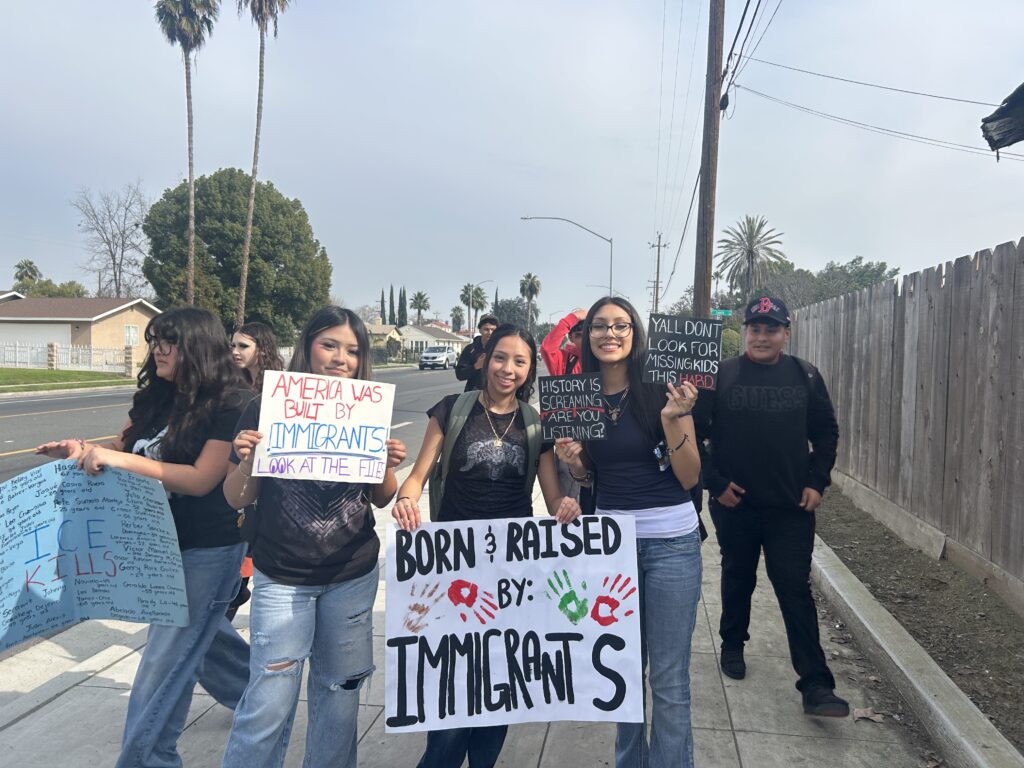Armenia's recognition of a Palestinian state led to a diplomatic reprimand from Israel, emphasizing the international divide on the issue. (AP/Jehad Alshrafi)

- Armenia recognizes a Palestinian state, prompting a "severe reprimand" from Israel.
- A majority of UN member nations have recognized Palestine, bolstering its quest for international legitimacy.
- Armenia supports the "two-state" solution amid escalating humanitarian concerns in Gaza.
Share
|
Getting your Trinity Audio player ready...
|
Armenia said it would recognize a Palestinian state on Friday, prompting Israel to summon its ambassador for what the Foreign Ministry described as a “severe reprimand.”
Three-quarters of the 193 United Nations member nations have recognized a Palestinian state, including Ireland and Spain, although none of the major Western powers has done so. Palestinians believe the recognitions confer international legitimacy on their struggle, especially as Israel’s war against Hamas, now in its ninth month, faces growing international criticism over the campaign of systematic destruction in Gaza and huge cost in civilian lives.
Armenia Recognizes a Palestinian State
Armenia’s foreign ministry said Friday that the former Soviet republic would recognize a Palestinian state, prompting Israel to summon its ambassador for a “severe reprimand.”
A short statement from Israel’s Foreign Ministry provided no further details.
Armenia’s Foreign Ministry said in a statement that it joined United Nations resolutions calling for an immediate cease-fire in the Gaza Strip, and said “the catastrophic humanitarian situation in Gaza and the ongoing military conflict” was one of the most important on the international agenda.
“We support the ‘two-state’ solution to the Israeli-Palestinian conflict,” the statement said. “We are convinced that this is the only way to ensure that both Palestinians and Israelis can fulfill their legitimate aspirations.”
Dozens of countries have recognized a Palestinian state, though none of the major Western powers has done so. Palestinians believe the recognitions confer international legitimacy on their struggle, especially amid international outrage over the humanitarian crisis in Gaza.
Last month, Spain, Ireland and Norway said they had decided to recognize a Palestinian state, and since then Slovenia and the Caribbean nation of Antigua and Barbuda have followed suit.
Related Story: Quiet Administrative Change Advances Far-Right Israeli Minister’s Effort to ...
Gaza Hospital Chief Says Hundreds of Children Suffering From Malnutrition
The head of one of the largest hospitals in north Gaza says his staff has recently registered some 250 children suffering from malnutrition and the numbers are raising daily due to acute food shortages.
Dr. Husam Abu Safyia, director of Kamal Adwan Hospital, urged the international community to pressure Israel to allow more food and other products into the Gaza Strip, warning that conditions are dire in the besieged territory. Israel controls all of Gaza’s border crossings.
Abu Safyia told The Associated Press on Friday that medical authorities have sent teams from his hospital to centers housing displaced people in north Gaza to assess them for malnutrition.
He said flour is the most available foodstuff in north Gaza, and that people need more proteins and fats to keep healthy.
Northern Gaza was badly affected by the fighting during the early months of the Israel-Hamas war and is still suffering food shortages.
Abu Safyia added that illnesses are spreading in Gaza as trash piles grow because authorities lack the resources to remove garbage and sewage from the streets.
“We are facing a real disaster,” he said adding that more people could die in the coming days if food does not flow into the Gaza Strip.
Related Story: Rifts Seem to Appear Between Israel’s Political and Military Leadership ...
Israel’s Aid Route Pledge Fails Amid Gaza Lawlessness
A breakdown in law and order in southern Gaza has made a new route to deliver aid unusable, according to the United Nations and international humanitarian organizations, just days after Israel declared the safe corridor.
With thousands of truckloads of aid piled up, groups of armed men are regularly blocking convoys, holding drivers at gunpoint and rifling through their cargo, according to a U.N. official who spoke on condition of anonymity because he was not authorized to brief the media on the issue.
The lawlessness is a major obstacle to aid distribution for southern and central Gaza. In those areas, an estimated 1.3 million Palestinians displaced from Rafah — more than half of Gaza’s entire population — are now sheltering in tent camps and cramped apartments without adequate food, water, or medical supplies.
Israel announced Sunday it would observe daily pauses in combat along a route stretching from Kerem Shalom, the strip’s only operational aid crossing in the south, to the nearby city of Khan Younis.
Related Story: UN Commissioner Calls Israeli Army ‘One of the Most Criminal in the ...
The head of the U.N.’s World Food Program said Thursday that the pause has made “no difference at all” in aid distribution efforts. “We haven’t been able to get in,” said Cindy McCain in an interview with Al-Monitor. “We’ve had to reroute some of our trucks. They’ve been looted. As you know, we’ve been shot at and we’ve been rocketed.”
The Israeli military body in charge of coordinating humanitarian aid efforts, COGAT, did not respond to multiple requests for comment.
The U.N. official familiar with the aid effort said that there’s been no sign of Israeli activity along the route. The U.N. tried to send a convoy of 60 trucks down the road Tuesday to pick up aid at Kerem Shalom. But 35 of the trucks were intercepted by armed men, the official said.
In recent days, the groups have moved closer to the crossing and set up roadblocks to halt trucks loaded with supplies, the U.N. official said. They have searched the pallets for smuggled cigarettes, a rare luxury in a territory where a single smoke can go for $25.
The U.N. official said that 25 trucks of flour used the route Tuesday. Some private commercial trucks also got through — many of which used armed security to deter groups seeking to seize their cargo. An AP reporter stationed along the road Monday saw at least eight trucks pass by, armed security guards riding on top.
RELATED TOPICS:
Categories

Teen Arrested at Visalia Mall After Firearm Report

Tumblr Goes Down for Thousands, Downdetector Reports
















